Imagine you decide to invest in the stock market. Some friends are telling you that stocks are at an all-time low, but they’re about to skyrocket. After doing some research, you agree and decide to invest. However, the market tank even lower.
Looking back, you realize there were signs suggesting the market would continue to lose value. In this hypothetical instance, confirmation bias got the best of you.
Many of us have a habit of looking for positive information that reinforces our point of view. Practicing mindfulness however, can help diminish the trickery of confirmation bias and lead to more accurate and rational decision-making.
Reduce The Ego
Being mindful of your knowledge limits is extremely important. Frustratingly, the ego makes this challenging. However, practicing mindfulness can help cut through the false sense of confidence that comes from this declarative part of our brains. Here’s how:
Eliminate Egocentricity: Don’t worry about being credited for every stitch of work you do. Furthermore, focusing on how others see you is a hindrance to clear-headed decision making. If you do great work, your peers, coworkers, and/or supervisors will take notice.
Be Your Own Devil’s Advocate: Instead of automatically defending your viewpoint, take a breath and consider the argument against your belief. Likewise, try to approach situations with a more neutral position.
Be Empathetic: Empathy is the root of understanding. Instead of picking apart someone else’s viewpoint, offer your own opinion while considering theirs. The ability to have a well-rounded conversation without judgment makes you credible and allows the ego to accept new learning opportunities.
Don’t Play The Blame Game: Don’t worry about placing blame based on who supported which viewpoint. The ego automatically wants to put the onus on someone else. When you’re actively monitoring your own instincts to place blame, the ego can be better controlled.
Acknowledge Opposing Views
You may think important information is irrelevant or inaccurate because of your own ego. Once you monitor the opinionated portion of our mind, its possible to honestly acknowledge different viewpoints and understand the full scope of an argument.
Warren Buffett, for instance, is known to be “dispassionate” about his investments. However, his composed approach is how he became rich. He calls his strategy “The Buffett Approach.” The Buffett Approach includes only two main points: acknowledge confirmation bias and seek out opposing views.
Several years ago, Buffett wrote an article for Fortune Magazine on the stock market. He gave an example in which Charles Darwin encountered confirmation bias by being proactive:
Charles Darwin used to say that whenever he ran into something that contradicted a conclusion he cherished, he was obliged to write the new finding down within 30 minutes. Otherwise, his mind would work to reject the discordant information, much as the body rejects transplants. Man's natural inclination is to cling to his beliefs, particularly if they are reinforced by recent experience--a flaw in our makeup that bears on what happens during secular bull markets and extended periods of stagnation.
The practice of writing down facts that call your beliefs into question helps you form more well-rounded opinions and make better decisions.
When you hear an opposing view, try to recognize it and write it down. This practice will give the ego more time to evaluate both ideas. A point may not seem valid immediately, but you may grow to accept its validity with more research and open-mindedness.
Take On The Opposing View
Considering the opposing view is a learning opportunity. The Harvard Business Review ranks this as the last step in avoiding confirmation bias. To fully embrace the opportunity, HBR suggests people take information from opposing views and temporarily view it as their own. Using this form of empathy to control the ego, allows for balanced, unbiased opinion and better decision making.
Mindfully re-evaluating the information in a new light may make you see situations differently. It’s possible even after both sides are considered, that your opinion and decision making won’t change, but biased tendencies will be significantly diminished.
Avoiding confirmation bias is not easy. It’s a tendency that everyone should actively work to diminish. Practice calming the ego, recognizing opposing views as potentially valid, and being empathetic towards others. If you would like to learn more about how mindfulness can help you or your business/organization grow, please reach out to us by clicking the contact button below.



